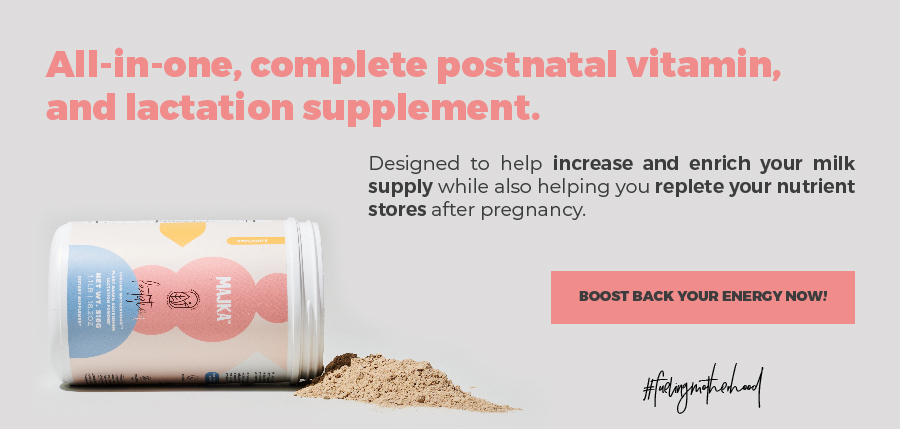
Prenatal testing helps you to monitor the health and development of both you and your baby during pregnancy.
These tests are a great way to identify potential risks in order to make an intervention when needed.
Here we will explore which and when prenatal tests are recommended by healthcare professionals to help you understand the options that you may have and feel more comfortable with this topic.
Having a healthy lifestyle is always important, and during pregnancy is not an exception.
While pregnant, you have to keep taking care of your physical and emotional health, but even if you do so, the human body is complex, and babies could come with a different development.
This is nothing to feel guilty or ashamed of, but having an early diagnosis could be very helpful in getting all the help needed for your baby and your family to develop a healthy and happy life, this is why prenatal testing is important.
What types of prenatal tests are there?
First of all, it’s important to note that not all prenatal tests are mandatory, and the decision on which ones you want to take depends on different factors such as age, medical history and personal preferences.
Here are the types of prenatal tests that are there:
- Ultrasound: ultrasound exams use sound waves to create images of your developing baby; which gives you information about your baby’s growth, development, and structural abnormalities.
- Maternal serum screening: also known as multiple marker screening or quad screen, these are blood tests that measure specific substances in your blood such as the risk of certain chromosomal abnormalities like down syndrome, as well as neural tube defects.
- Cell-Free DNA testing: also referred to as noninvasive prenatal testing (NIPT), is a blood test that analyzes your baby’s DNA screening for common chromosomal abnormalities, including down syndrome, with high accuracy.
- Amniocentesis: is an invasive procedure in which your doctor extracts a small amount of amniotic fluid in which he/she can diagnose chromosomal abnormalities and genetic disorders with high accuracy.
- Chorionic Villus Sampling (CVS): CVS is another invasive procedure that involves sampling a small piece of tissue from the placenta to analyze the fetal chromosomes and genetic conditions.
- Glucose Tolerance Test (GTT): The GTT is a screening test for gestational diabetes that measures how your body processes sugar and identifies abnormal glucose tolerance.
- Group B Streptococcus (GBS) screening: this test determines whether you carry a GBS bacteria (since it can be passed to your baby during childbirth and cause infections).
What prenatal test should I take while pregnant?
Be aware that each person and case is different, talk to your doctor about your specific situation such as age, number of pregnancy, family history, concerns and personal preferences to know what tests are important for you to take.
When should a prenatal test be done?
The timing of prenatal tests can vary depending on the specific test and individual circumstances. Here is a general overview of when certain prenatal tests are typically performed:
- Confirmation of pregnancy: when you suspect that you are pregnant you can take a home pregnancy test, if it turns out to be positive then you should schedule an appointment with a healthcare provider to confirm it through a clinical assessment and blood test.
- Dating ultrasound: around the 8-12 weeks of pregnancy to help determine the gestational age and estimated due date.
- Maternal serum screening: is usually conducted between 15-20 weeks of pregnancy.
- Cell-Free DNA Testing (NIPT): is usually offered from around 10 weeks of pregnancy.
- Anatomy ultrasound: is typically performed between 18-20 weeks of pregnancy.
- Glucose Tolerance Test (GTT): is usually performed between 24-28 weeks of pregnancy.
- Group B Streptococcus (GBS) Screening: is typically done between 35-37 weeks of pregnancy.
Are there any risks in taking a prenatal test?
It is important to note that the risks associated with prenatal testing should be balanced with the potential benefits since prenatal tests can provide valuable information about the health and well-being of your baby, help identify certain conditions, and allow for informed decision-making regarding your pregnancy.
While prenatal tests are generally considered safe, some tests do carry certain risks or potential drawbacks such as infection and/or bleeding from invasive procedures such as amniocentesis and CVS.
Another risk that comes with prenatal testing is having a false positive or a false negative result since no prenatal tests are 100% accurate; false positive results can make you feel unnecessary anxiety and lead to further invasive testing and false negative results may make you confused and uncertain when finding a different outcome.
Always talk to your doctor regarding any doubts and concerns that you may have, it’s important to enjoy your pregnancy and to feel comfortable with involving in any process that comes with it.
In Breastfeeding 101 we hope this information has helped you to understand more about prenatal tests and when to take them.
We love to have you here and invite you to follow all of our content regarding health topics.
If you want to learn more about prenatal testing, here are some of the sources that made this article possible:
- A Guide to Understanding Prenatal Screening Tests I Genetics Education Canada
- A Patient’s Guide to Understanding Non-Invasive Prenatal Testing I National Society of Genetic Counselors
- Guide to Prenatal Testing I UW Medicine
- Noninvasive Prenatal Testing: The Future Is Now I National Library of Medicine
- Preconception & Prenatal Genetics I Cleveland Clinics
- Pregnancy week by week I Mayo Clinic
- Prenatal diagnosis I National Library of Medicine
- Prenatal diagnosis I Wiley
- Prenatal screening for genetic disorders: Suggested guidelines for the Indian Scenario I PubMed Central
- Screening tests in pregnancy I NHS
Annie Rueb






